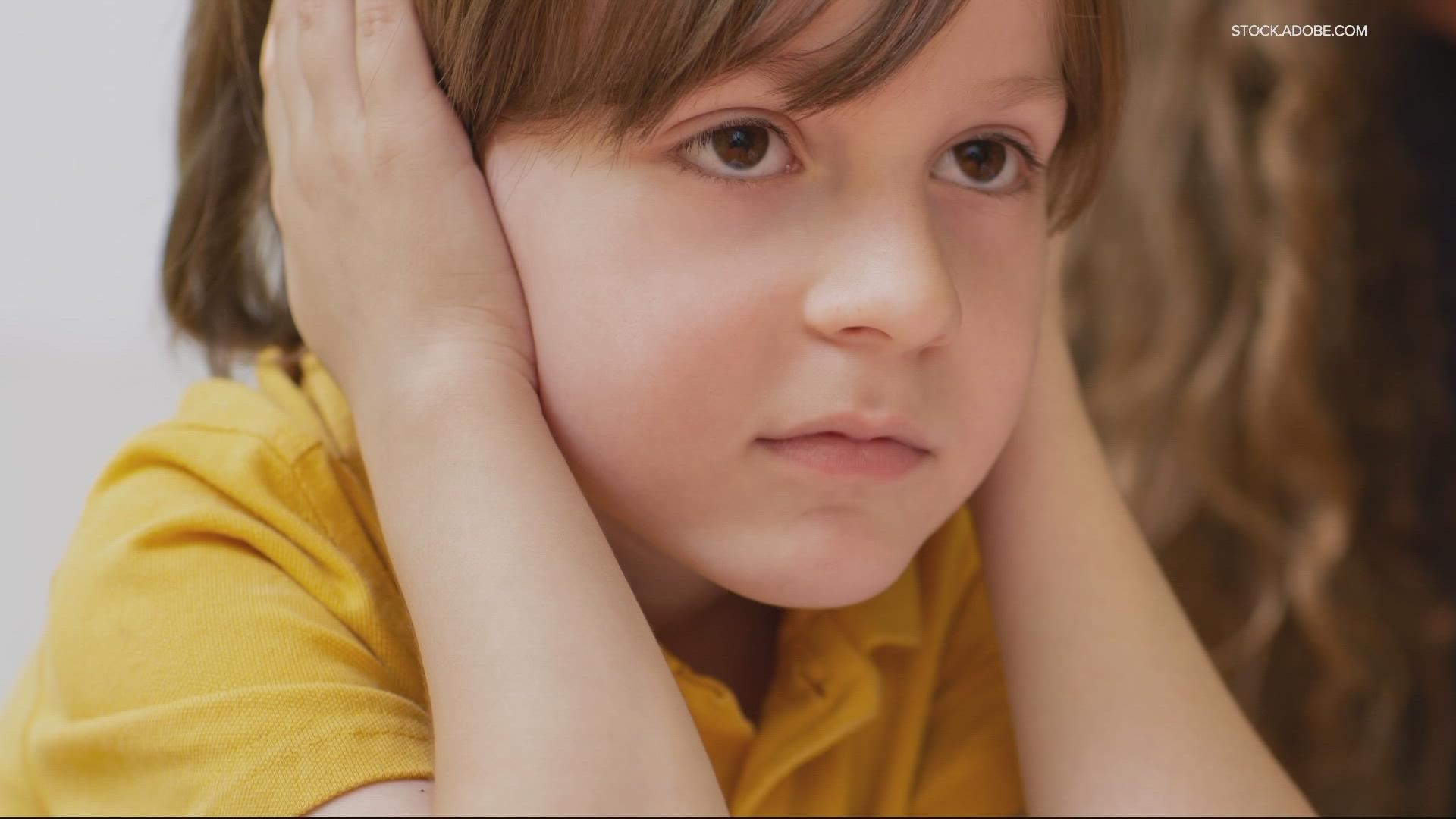PORTLAND, Ore. — A first-of-its-kind program in Oregon aims to ensure kids get the proper care in an emergency. HERO Kids Registry (Health Emergency Ready Oregon) program is a voluntary, no-cost system that lets any family in the state record critical information about their child’s health before an emergency.
“HERO kids is an innovative program. In fact, it’s the first in the country,” said Ben Hoffman a pediatrician at Oregon Health & Science University (OHSU) and director of the Oregon Center for Children and Youth with Special Health Needs.
First responders have to make split-second decisions with limited information about their patient’s health history. This new program helps fill the gap before kids make it to the hospital.
“We have a lot of kids that we take care of who have a lot of complex medical issues, where having a heads-up beforehand can help them prepare,” Hoffman said.
Kids can’t always share necessary health information; family members aren’t always there, they might be too distressed in the moment and there could be a language barrier or a specific health care need.
One in five children in Oregon has a special health care need — including physical, mental, emotional and developmental conditions, according to the National Survey of Children’s Health
About 23% of Oregon families who have a child with an intellectual or developmental disability said they did not feel prepared to handle their child’s needs in an emergency, according to National Core Indicators.
“There are a lot of children out there living with autism or behavioral health needs that can be triggered by people in authority or people in a uniform, loud noises like the sirens — and so having information about what could trigger that child: how, potentially, they could calm the child, what level of understanding and communications skills might be necessary — can really help those first responders attend to the child and young adult I exactly the right way,” Hoffman said.
Hoffman and his team, along with multiple other groups, helped make the registry a reality here in Oregon. They relied on input from families and youth, emergency medical service agencies, pediatric health care providers, hospitals, clinics and public health programs.
It’s a completely voluntary registry and the information is stored in a secure database.
The first focus is to get youth from birth to 26 years old, who are medically complex, or who have developmental disabilities and/or mental or behavioral conditions signed up.
“For kids, especially those who may be traumatized by previous experiences, children who may have developmental and behavioral needs, to be able to treat them, not only in the medically appropriate way but in ways that will meet their needs and help keep them comfortable and make it less terrifying — is especially important,” Hoffman said.
To sign up for the registry and to learn more click here.

